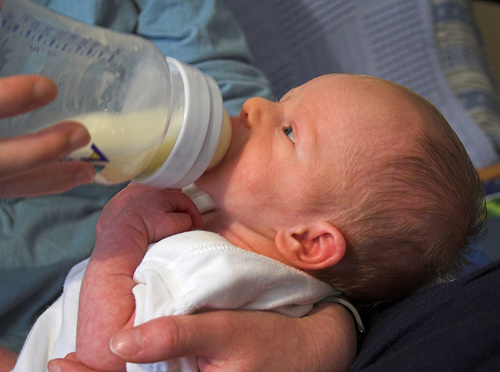Dangerous Times: Perception and Reality
Steven Pinker ad Andrew Mack remind us over at Slate that: The World Is Not Falling Apart
News is about things that happen, not things that don’t happen. We never see a reporter saying to the camera, “Here we are, live from a country where a war has not broken out”—or a city that has not been bombed, or a school that has not been shot up. As long as violence has not vanished from the world, there will always be enough incidents to fill the evening news. And since the human mind estimates probability by the ease with which it can recall examples, newsreaders will always perceive that they live in dangerous times.
Indeed,
The world is not falling apart. The kinds of violence to which most people are vulnerable—homicide, rape, battering, child abuse—have been in steady decline in most of the world. Autocracy is giving way to democracy. Wars between states—by far the most destructive of all conflicts—are all but obsolete. The increase in the number and deadliness of civil wars since 2010 is circumscribed, puny in comparison with the decline that preceded it, and unlikely to escalate.
We have been told of impending doom before: a Soviet invasion of Western Europe, a line of dominoes in Southeast Asia, revanchism in a reunified Germany, a rising sun in Japan, cities overrun by teenage superpredators, a coming anarchy that would fracture the major nation-states, and weekly 9/11-scale attacks that would pose an existential threat to civilization.
Why is the world always “more dangerous than it has ever been”—even as a greater and greater majority of humanity lives in peace and dies of old age?
The authors blame the news:
Too much of our impression of the world comes from a misleading formula of journalistic narration. Reporters give lavish coverage to gun bursts, explosions, and viral videos, oblivious to how representative they are and apparently innocent of the fact that many were contrived as journalist bait. Then come sound bites from “experts” with vested interests in maximizing the impression of mayhem: generals, politicians, security officials, moral activists. The talking heads on cable news filibuster about the event, desperately hoping to avoid dead air.
Indeed.
The whole piece, which is full of data, graphs, and links is very much worth a look.






Thank you for this.
I don’t always agree with Dr. Pinker, but I think it is important to publicize the extent to which things are improving. People who claim with any seriousness that the world is ‘more dangerous now than ever before’ forfeit any shred of credibility.
Now wait a minute Steven, Lindsey Graham just told me ISIS is coming to kill us all with Islamo-Fascist baby suicide bombers sneaking across the border from Mexico. Who you gonna believe? Some pointy headed member of the intelligentsia or a US Senator?
All well and good, if you ignore the effects of a changing climate.
@becca:
Ah, but that’s exactly the point of misdirection. The magicians doesn’t particularly want you to see her left hand, but she most certainly does want you to NOT be watching her right hand. If people started making rational risk assessments about the sensational stuff, they might also start spotting the things that really are dangerous. Things like wealth distribution, and climate change, and erosion of human rights. We can’t have that…